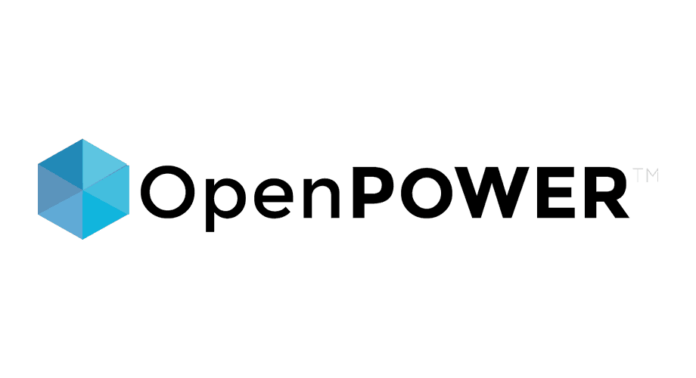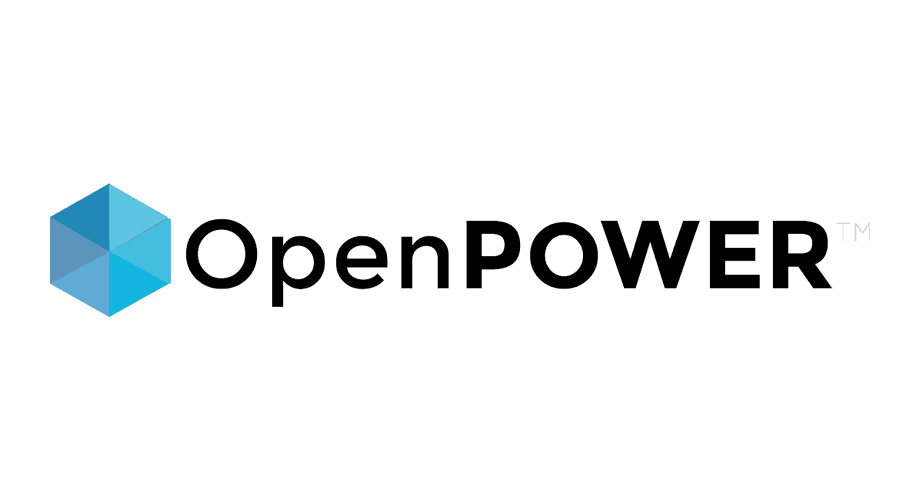OSPOCon is an event dedicated to creating better, more efficient open source ecosystems.
SAN FRANCISCO, March 23, 2020 — The Linux Foundation, the nonprofit organization enabling mass innovation through open source, along with co-host the TODO Group, an open group of organizations who collaborate on practices, tools and other ways to run successful and effective open source programs and projects, has opened its Call for Proposals for OSPOCon. The event will take place September 29 – October 1 in Dublin, Ireland, alongside Open Source Summit + Embedded Linux Conference 2021. The TODO Group has also launched an OSPO Landscape as a resource for the community to learn more about OSPOs. The community is encouraged to contribute to the landscape.
OSPOCon is a new event, dedicated to those working to create a center of competency for open source in their organizations in order to join together to overcome challenges through sharing experiences, best practices, and tooling. Open Source Program Offices (OSPOs) face many obstacles, such as ensuring high-quality and frequent releases, engaging with developer communities, and contributing back to other projects effectively. Collaborating together with others working on the same concerns helps the entire ecosystem improve.
“I am thrilled to be a part of the inaugural OSPOCon and see it brought to life to support the many hardworking and dedicated people involved in creating and sustaining OSPOs,” said Chris Aniszczyk, co-founder of the TODO Group and CTO at The Linux Foundation. “The impact OSPOs are having grows every day as they become a strategic function for organizations, from companies to governments to research institutions. Their contributions are tremendously valued and we look forward to furthering their abilities to collaborate, grow, and learn from each other.”
Proposals to speak at OSPOCon are being accepted now through June 13 at 11:59pm PDT.
Submission types requested include:
- Session Presentation (~40-50 minutes in length)
- Panel Discussion (~40-50 minutes in length)
- Birds of a Feather Session (BoFs are typically held in the evenings, (~45 minutes – 1 hour in length)
- Tutorial (~1.5 hours in length)
- Lightning Talk (~5-10 minutes in length)
Suggested Topics include:
Open Source Program Management
- Creation and Best Practices of Open Source Program Offices (OSPOs)
- Consuming and Contributing to Open Source
- Managing Competing Corporate Interests while Driving Coherent Communities
- How to Vet the Viability of OS Projects
- Internal vs External Developer Adoption
- Handling License Obligations in Organizations
- Open Source Corporate Sustainability
All interested parties are welcome to submit proposals. Those submitting will be notified of a decision by Thursday, July 22. To learn more and/or submit, please click here.
OSPOCon will be presented as a hybrid event – attendees can join and participate in person or virtually. Registration will open in late Spring 2021. To receive an email alert when registration opens, please click here. The Linux Foundation provides diversity and need-based registration scholarships for this event to anyone that needs it; for information on eligibility please click here. Visit our website and follow us on Twitter, Facebook, and LinkedIn for all the latest event updates and announcements.
Sponsor:
OSPOCon offers two sponsorship levels for your consideration, Co-host and Supporter. To see all sponsorship benefits, please click here or email us here.
Members of the press who would like to request a media pass should contact Kristin O’Connell.
About The Linux Foundation
The Linux Foundation is the organization of choice for the world’s top developers and companies to build ecosystems that accelerate open technology development and industry adoption. Together with the worldwide open source community, it is solving the hardest technology problems by creating the largest shared technology investment in history. Founded in 2000, The Linux Foundation today provides tools, training and events to scale any open source project, which together deliver an economic impact not achievable by any one company. More information can be found at www.linuxfoundation.org.
The Linux Foundation Events are where the world’s leading technologists meet, collaborate, learn and network in order to advance innovations that support the world’s largest shared technologies.
The Linux Foundation has registered trademarks and uses trademarks. For a list of trademarks of The Linux Foundation, please see our trademark usage page: https://www.linuxfoundation.org/trademark-usage.
Linux is a registered trademark of Linus Torvalds.
####
Media Contact:
Kristin O’Connell
The Linux Foundation
koconnell@linuxfoundation.org
The post The Linux Foundation and the TODO Group Announce Call for Proposals for OSPOCon and the OSPO Landscape appeared first on Linux Foundation.





